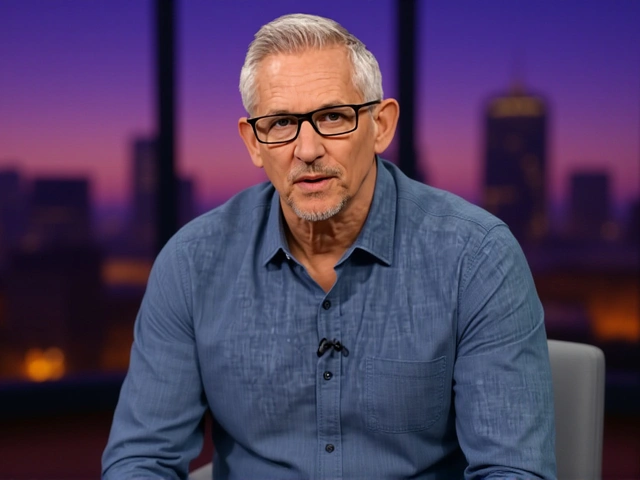Sustainable Transportation: What’s Happening Across Africa?
Everyone wants to get somewhere faster, cheaper and cleaner. In Africa we are seeing more buses that run on electricity, bike lanes in big cities and apps that help you share rides. All of this makes daily travel easier and cuts down on pollution.
Why Green Mobility Is Gaining Speed
Governments are putting money into clean transport because traffic jams hurt the economy and health. When a city replaces diesel buses with electric ones, commuters breathe easier and fuel costs drop. Private companies also see profit in charging stations and bike‑share programs.
Another big driver is the rise of mobile phones. Apps now show where the nearest e‑bike or electric scooter is parked, making short trips less stressful. People can plan a whole day without ever starting an engine.
Practical Ways You Can Join the Shift
If you want to help, start with small steps. Use public transport when it’s reliable – many cities now offer free rides on Sundays to encourage ridership. If you own a car, try car‑pooling with coworkers; splitting a ride cuts fuel use in half.
Consider walking or biking for trips under five kilometres. Many African towns are adding safe bike lanes, and a simple lock can keep your bike secure. For longer journeys, look into electric bus routes that are being launched in places like Nairobi and Johannesburg.
Businesses can also make a difference by offering flexible work hours. When employees avoid rush hour, traffic eases and emissions fall. Some firms even give bonuses for using green travel methods.
Technology keeps improving. Battery life on electric vehicles is getting longer, charging stations are popping up faster than ever, and solar‑powered chargers mean you can refuel without pulling power from the grid.
Local innovators are testing new ideas too. In Kenya a startup built a solar‑driven bus that runs all day on one charge. In South Africa a community program teaches kids how to repair bicycles, creating jobs and greener streets at the same time.
All these changes add up. Cleaner air means fewer health problems, lower fuel bills free up money for families, and less traffic makes cities more livable. The shift to sustainable transportation is not just about gadgets – it’s about a better everyday life.
Stay tuned to Daily Africa Disko for the latest updates on green mobility projects, policy changes and real‑world tips you can use right now. Together we can make travel smoother, cheaper and kinder to the planet.

Spain and Portugal Aim to Transform Travel with Madrid-Lisbon High-Speed Rail by 2030
Spain and Portugal have pledged to complete the high-speed rail line connecting Madrid and Lisbon by 2030. This plan, highlighted at the Iberian summit in Faro, aims to enhance travel efficiency and support sustainable European transport goals. With sections under construction, this development will not only reduce travel time but also contribute to economic growth and environmental sustainability across the region.




